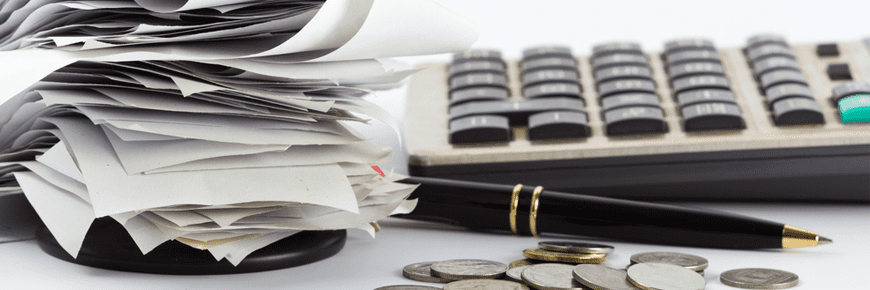You saw the gap in the market; you went for it and now you’re facing the tax return. Owners of small businesses bear the responsibility for the smooth running of their businesses and that includes making sure their self assessment is completed correctly and on time. Completing a tax return is generally regarded as one of the nastier (or at least one of the more confusing) tasks for business owners but following a few simple guidelines can really take the stress out of the end of the tax year. Read our top ten tax tips below for a solid base to start from when the end looms:
Top Ten Tax Tips For SMEs
- Keep ALL your receipts (and in good order!). You never know what might be allowable, so keep every single business related receipt, whether it’s for petrol or even pens.
- File receipts by category It sounds simple but keeping well ordered records and receipts can really make the difference between a straightforward and a hectic experience when filling in your tax return. Order receipts by category; try one envelope for petrol, another for stationary, another for phone bills etc.
- Order receipts by date order within the categories. Keeping receipts in date order will save you and your accountant time later on, try using a hole punch and treasury tags to keep them in order
- Use an Excel spreadsheet for keeping track of payments instead of buying expensive software. You only need software if you’re operating a payroll system or are a limited company. List payments under headings: Date, Company, Total, VAT, Repairs, Stationary, Travel – choose the headings that are relevant to your business
- Each month, try and reconcile your payments and receipts: how much have you paid out? How much is left? Do you have receipts to account for all of this? Take returns and/or refunds into account.
- If you decide to employ people decide if they can be self-employed. If they can be self employed, they are responsible for their own income tax and national insurance. If you need to operate a payroll, you must send in details of each payment you make, each time you do this. Previously this was only required once a year.
- Make the deadline! To avoid unnecessary charges make sure you pass your tax return in by 5th April at the latest. It’s always better if you’re super organised and ahead of the game but if you do end up leaving things until the last minute, you can pay extra for accountants to rush your return through
- Timing is key – make sure your yearend falls at a convenient time for you, as it will affect when you pay tax on your profits
- If you need help shop around. Book keepers and tax advisers are a lot cheaper than accountants but can help with online submissions and financial statements.
If in doubt, seek help out: tax doesn’t have to be complicated but occasionally small businesses can get into difficulties that they can’t sort out on their own. You might just want to enlist some professional help if it’s your first time or you’re uncertain of what you need to do. If or when this happens, it’s always best to seek out professional advice as it’s not worth risking any nasty surprises in the future.
Back

